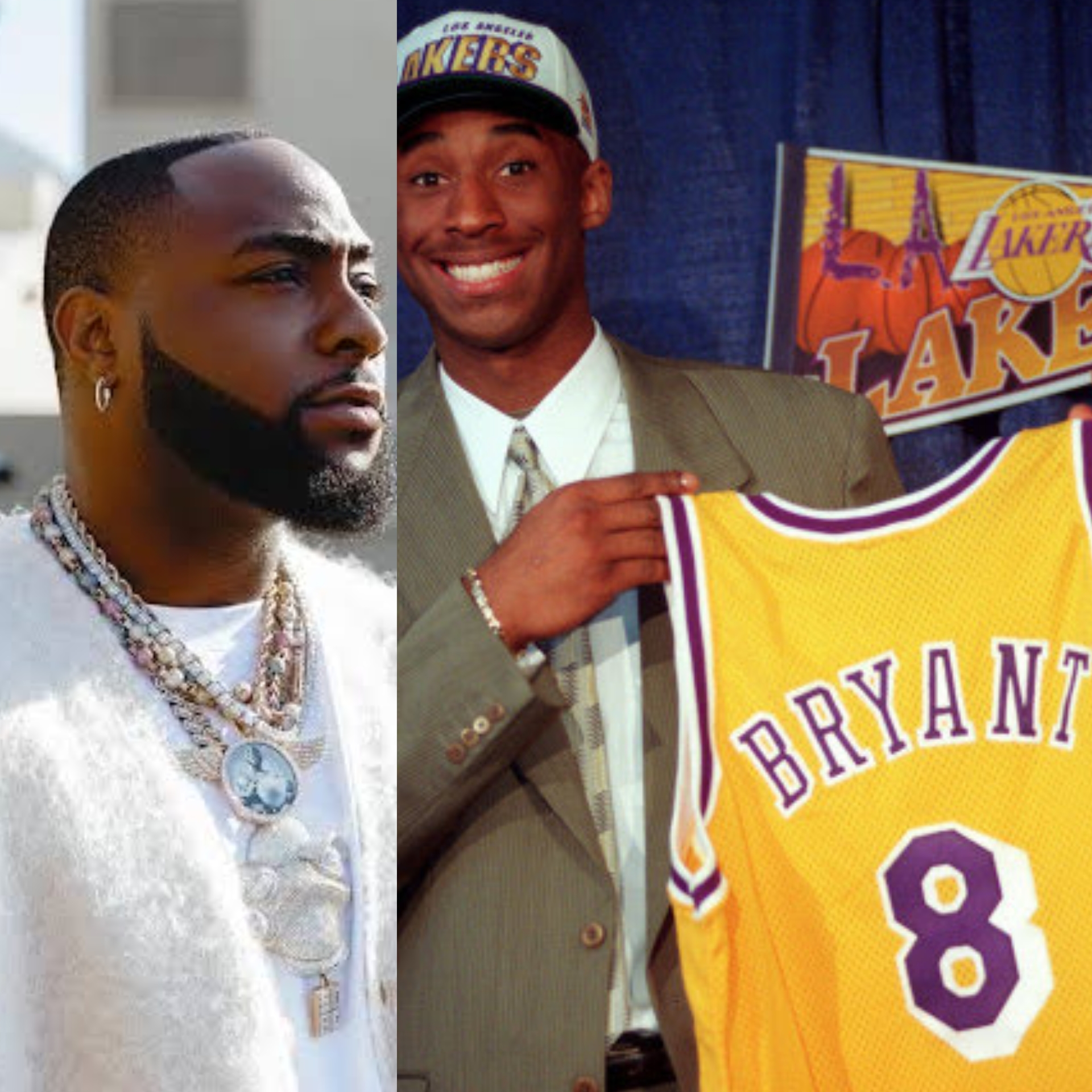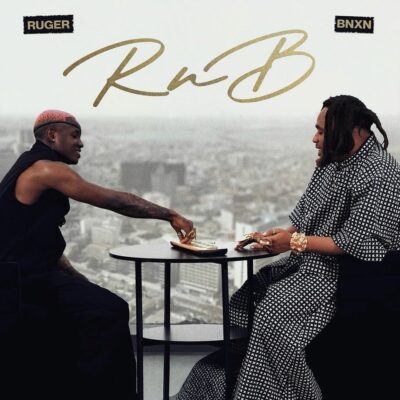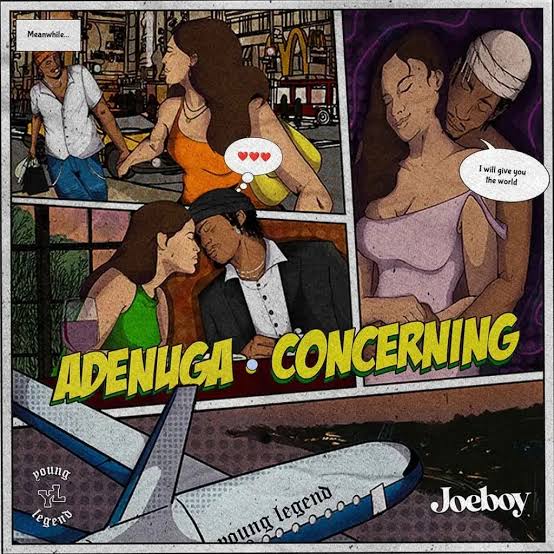Post Malone’s ‘Circles’ Copyright Lawsuit Settled During Jury Selection

A songwriter who claimed he was denied credit and payment for his supposed work on 2019’s “Circles” and filed a copyright lawsuit against Post Malone has settled. Although the specifics of the settlement agreement were kept private, a court document from U.S. District Judge Otis D. Wright that Rolling Stone obtained on Tuesday indicated that Tyler Armes and Malone had “reached a settlement” and would soon file dismissal proceedings.
The settlement was made as a jury was chosen, according to numerous news outlets present on what would have been the first day of trial. According to Billboard, the judge waved goodbye to the reporters who had gathered to cover the case as court personnel was seen removing equipment from the courtroom being readied for the trial.
When Rolling Stone contacted Malone for comment, neither a representative nor an attorney did so immediately. When the group of three purportedly worked together on a preliminary mix of the song in August 2018, Malone, whose real name is Austin Richard Post, was being sued alongside Frank Dukes over allegations the two men unfairly left Armes out of any writing credit on “Circles.” (The legal action was initiated in April 2020.)

Armes’ request for the authorship of the recording of “Circles” had already been denied by the court; now, just the authorship of the composition is in question. Malone attempted to have the lawsuit dismissed in April 2022, but the judge rejected her request.
Initially, Armes insisted that he was the composer of the section in “Circles,” where the F major chord transforms into an F minor chord. Additionally, he claimed that while “sitting next to [Post] , orally singing the second half of the melody and cadence out loud, giving Post direction as to exactly which notes to play,” he proposed that the vocal and guitar have a “large amount of reverb.”
Last year, Post acknowledged that Armes had “participated in one early session” during the making of “Circles” but that Armes had not contributed anything “original,” offering only “an admittedly extremely commonplace guitar chord progression,” also known as 1-4-5 or C-F-G, and perhaps an unrecorded “fragment” of a guitar melody.
Armes claims he was given five percent of the publishing royalties for “Circles,” but he sought to bargain for a higher portion before the offer was withdrawn.
Post’s lawyers wrote at the time,
“It is an age-old story in the music business that when a song earns the type of runaway success that ‘Circles’ has garnered, an individual will come out of the woodwork to falsely claim to take credit for the song and demand unwarranted and unearned windfall profits from the song,” “This lawsuit arises from such a story.”
Singer-songwriter Tiffany Red told Rolling Stone, “Songwriters have been trying to be heard in this conversation forever. But we’re the least heard. We’re hidden in the back.”
The lawsuit’s dismissal also occurs when songwriters actively pursue payment for their contributions to some of music’s most popular tunes. For example, early in February, songwriters and campaigners discussed the meager (and occasionally nonexistent) compensation they receive for their work on well-known songs with Rolling Stone.



















